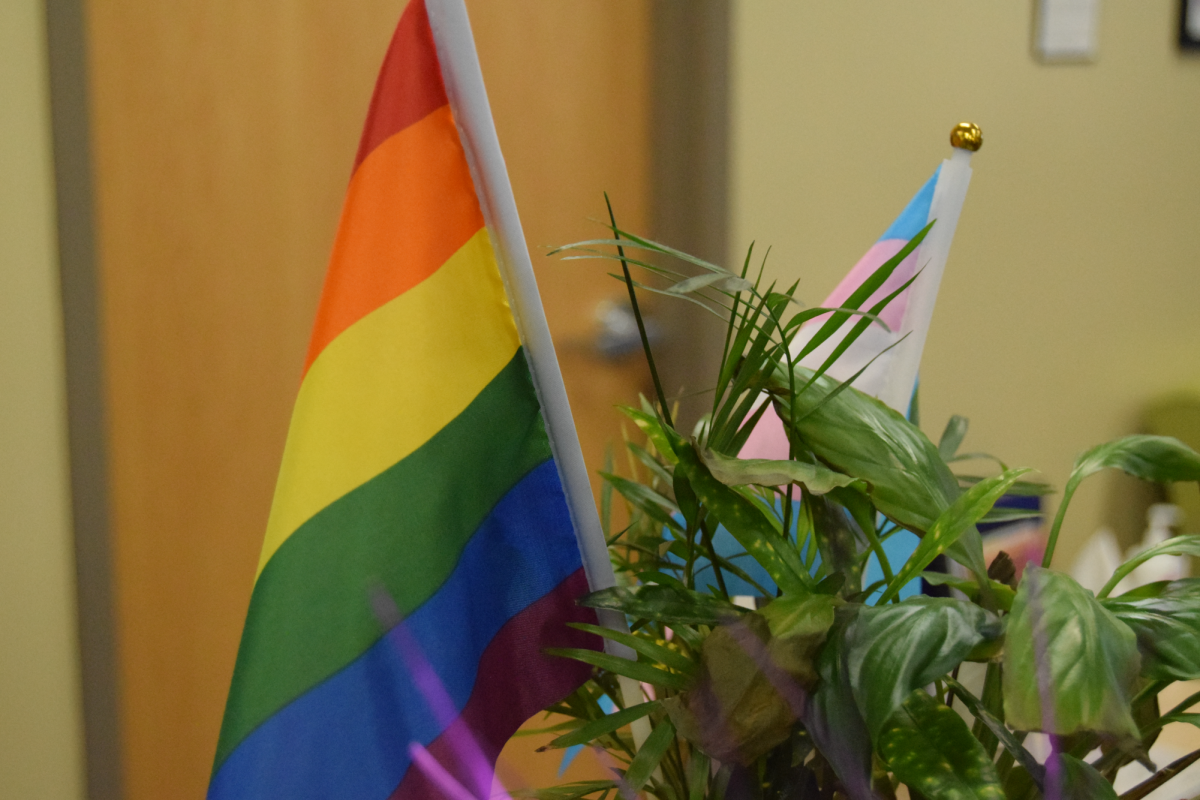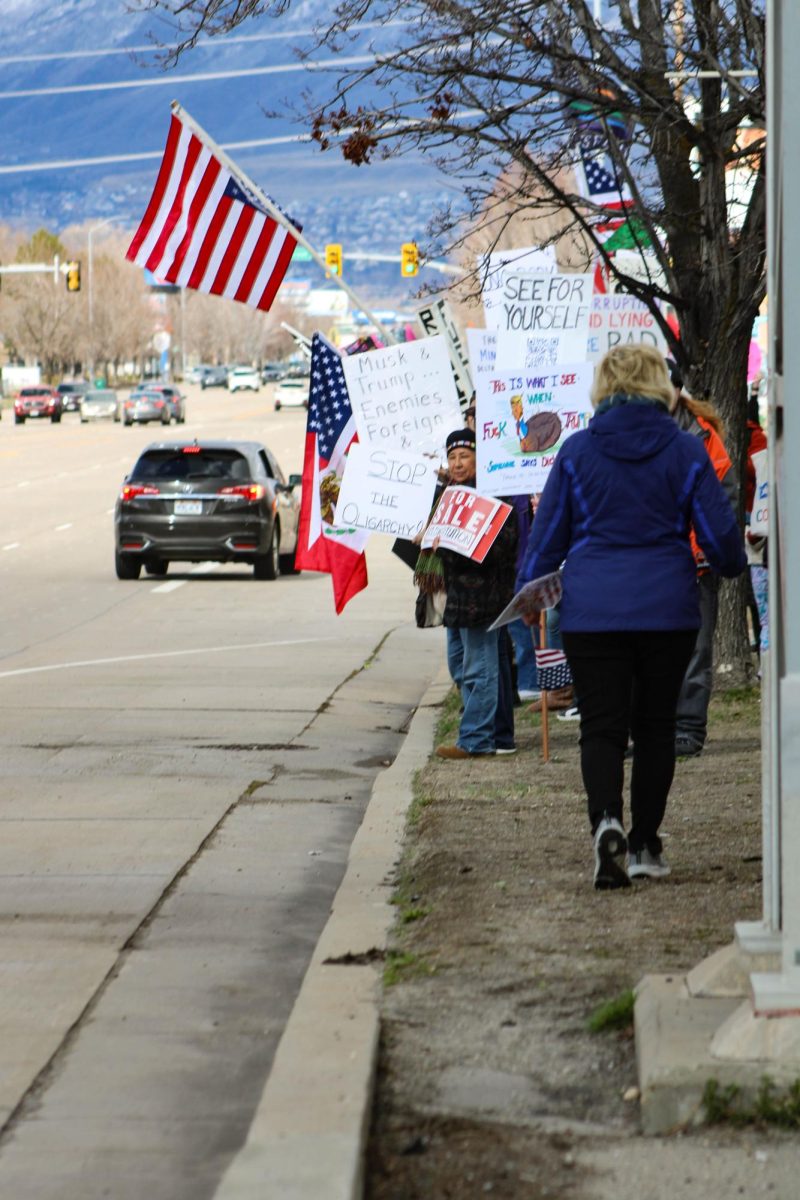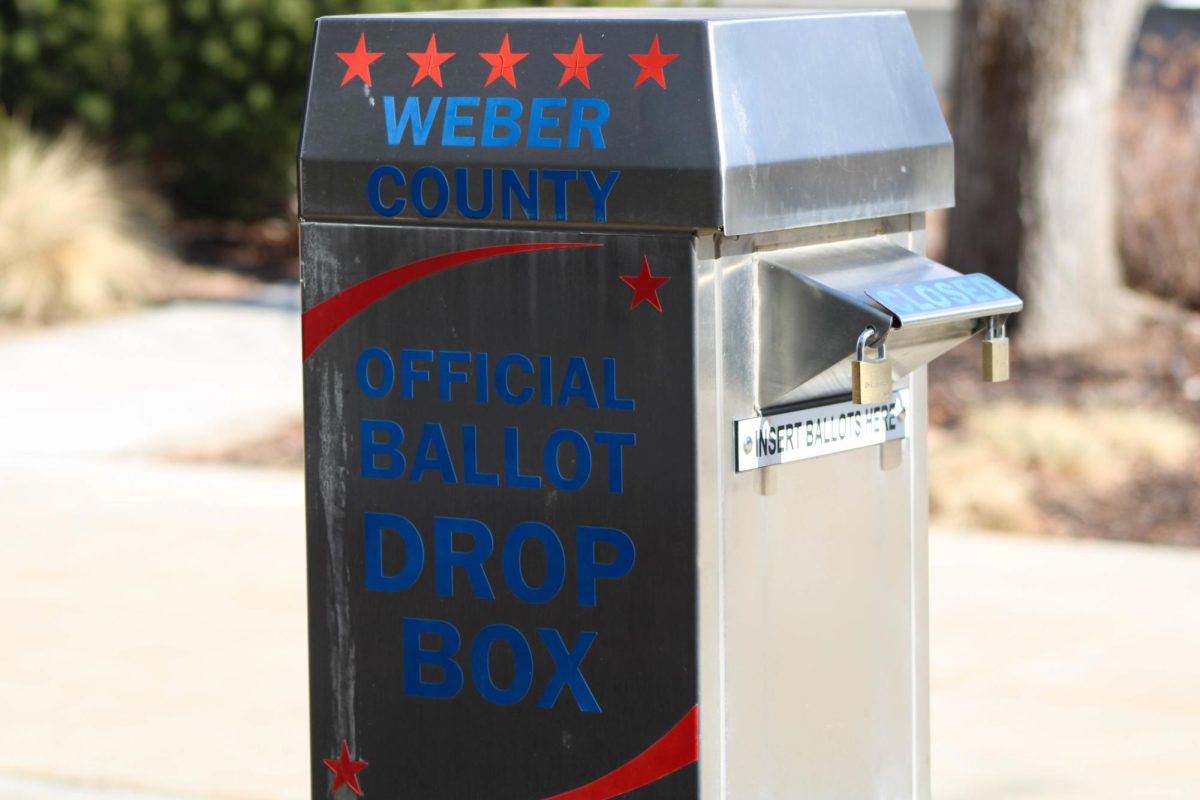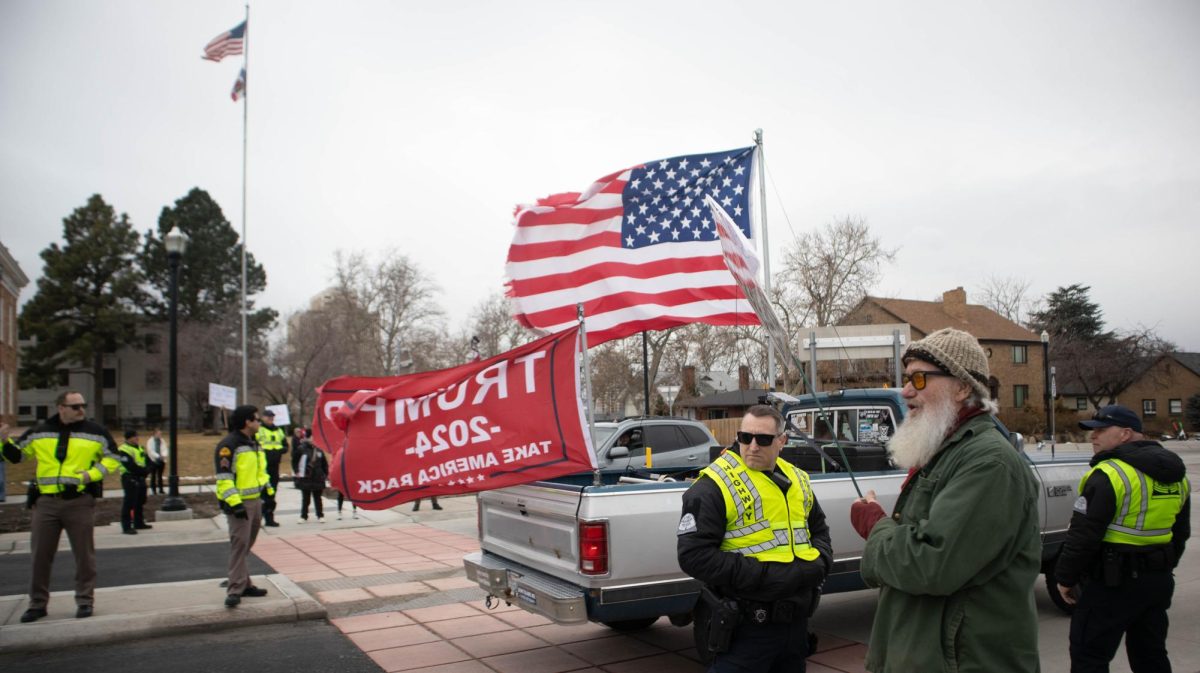The first female president of Ireland, Mary Robinson, spoke about the dangers of global climate change and gender inequality during the eighth Annual Intermountain Sustainability Summit on March 17.
Robinson started by wishing the estimated audience of 700 a happy St. Patrick’s Day. Noting those who wore green, she explained how her red attire represented womanhood in County Mayo, where she was born.

As the former United Nations High Commissioner for Human Rights, Robinson said it took some time for her position and the issue of climate change to be brought together. She discussed the issues in less developed countries, such as Uganda and Liberia, which are now more susceptible to droughts, flash floods and other disasters with little means to recover.
According to Robinson, women and children are the most susceptible to these disasters, and if they survive, women are seen more often in a rebuilding role. With the help of women leaders and supporting males, Robinson said she committed to making gender equality a priority in the realm of climate justice.
“This is a huge human rights issue. I became more aware that this was… posing an existential threat to our world,” Robinson said. “I decided that this is certainly something that I’m going to work on for the rest of my life. It needs to be something that needs to be understood from a human perspective.”
Robinson said most UN meetings can be boring, but the 2015 United Nations Climate Change Conference was different. The creation of the Paris Agreement, a consensus made to curb global warming, changed the attitudes of many officials.
“Everybody felt, somehow, we did something extraordinary,” Robinson said.

But Robinson soon shared her disappointment with the United States government, referring to President Donald Trump’s recently proposed budget cuts on the Environment Protection Agency. She said the country should rather become a global leader in climate change.
“We need to move rapidly, in jobs and opportunities,” Robinson said. “It shouldn’t be China that becomes a world leader — It should be the United States and countries that are prepared to do that.”
Weber State University president Chuck Wight said students were the ones responsible for inviting Robinson to give the keynote address, though he joked he “would like to take some of the credit in getting her here.”
WSU sustainability coordinator Beverly Brewer was one such student who helped reach out to Robinson. Brewer shared her respect for Robinson and said that her career ambitions have been largely influenced by the former president’s occupation.
“The work Mary Robinson has done in the state of malnutrition is so admirable to me,” Brewer said. “Throughout my studies at Weber State, I learned how food is so intrinsically tied to sustainability.”
In her final words before a standing ovation, Robinson urged the audience to advocacy.
“We have to find the capacity for solidarity and engagement, and I have great hopes with you young people. It’s not going to be a problem,” Robinson said. “We’re going to get there.”















